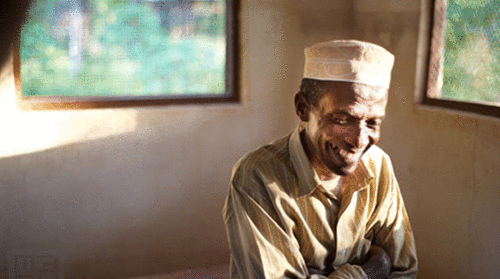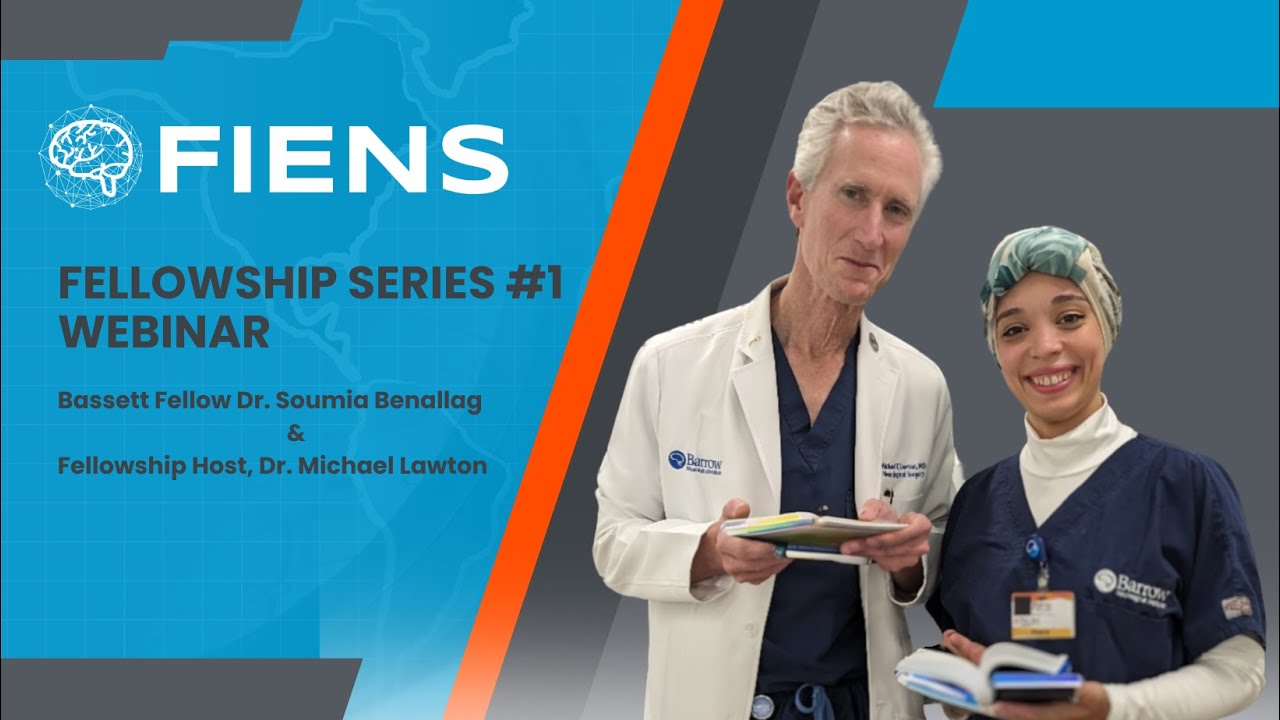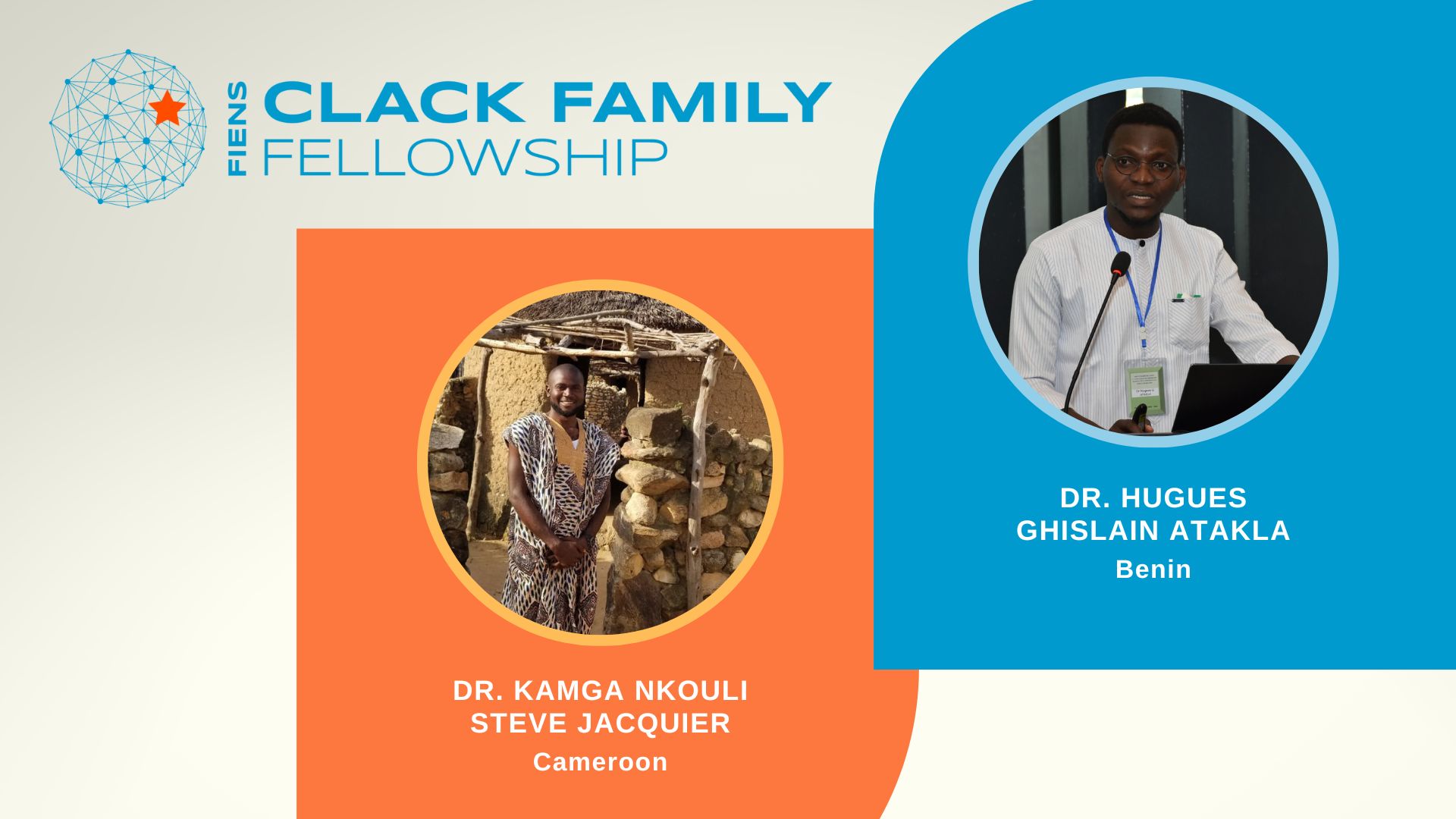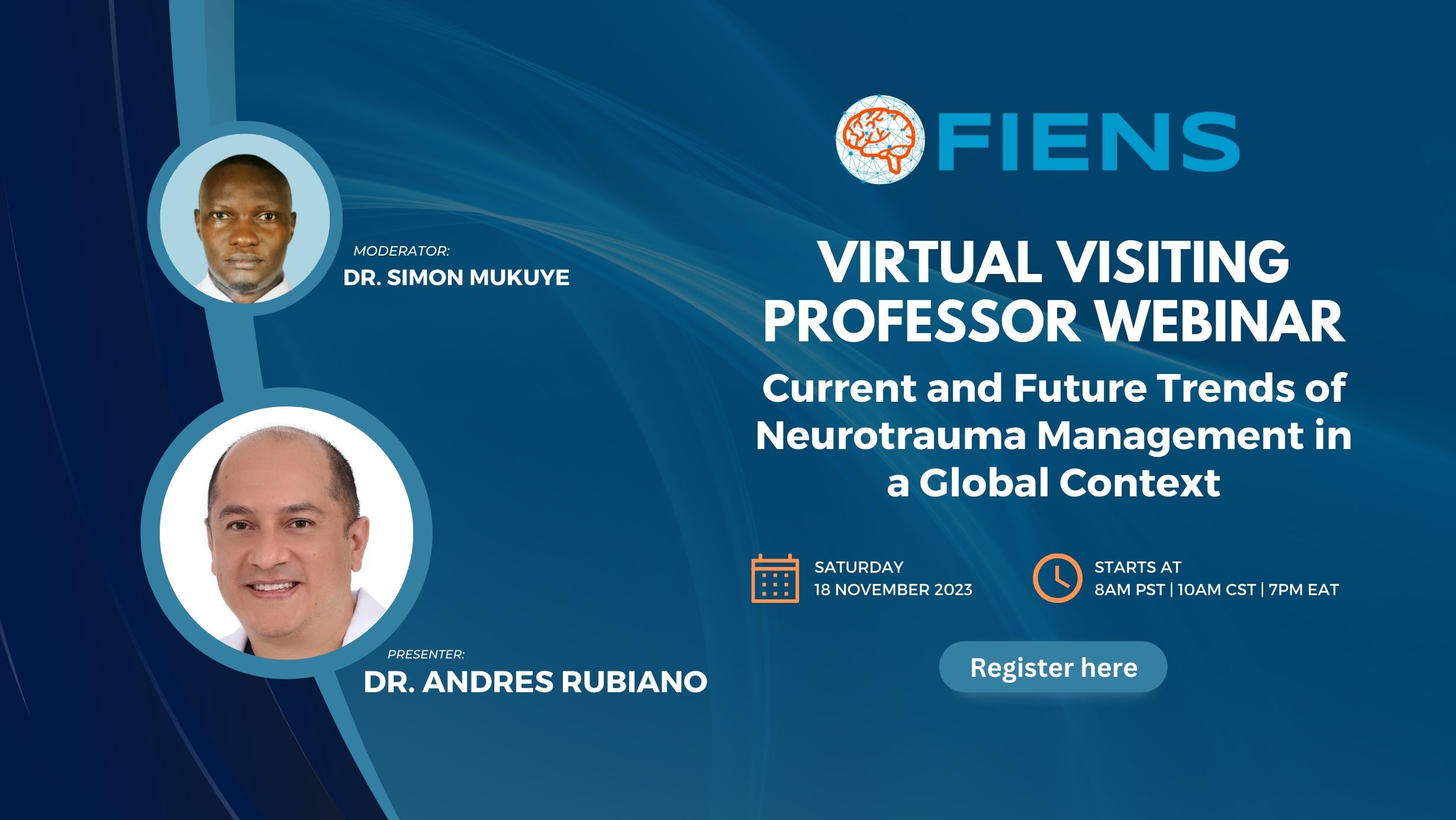Choosing a suitable hospital is essential for the objective of educating practitioners. We have found the fundamental requirements to be a basic surgical theater, a full-time surgeon with aninterest in developing neurosurgical capabilities, and access to CT imaging at the minimum.
It is instructive to approach a mission as a partnership with a local surgeon, as they are the primary factor in the success of an educational mission. Prior to serious consideration of a site, it is critical to establish that there is a full-time surgeon at the site with an interest in developing neurosurgical capabilities. The absence of a full time surgeon or a lack of interest should prompt one to look elsewhere.
In order to assess the operating capabilities at a proposed site, pictures of the operating theater and patient ward are truly worth a thousand words. These pictures can provide valuable insight into the condition of the facilities and the presence or lack of essential equipment; all of which is essential during the early planning stages of the mission in determining what equipment to bring and setting attainable goals.
It is difficult to practice neurosurgery as we conceive of it without computed tomography (CT) or magnetic resonance (MR) imaging at the minimum. Much of the decision making algorithms that are employed in modern neurosurgery are dependent on the availability of non-invasive imaging which allows for precise localization of intracranial and spinal lesions. In the absence of such imaging, the range of procedures which can be safely attempted is severely limited. Our recommendation is to seek out a site where there is CT or MR imaging available to guide treatment decisions.
We were very fortunate in all of these regards as the NED Institute in Zanzibar is a well-equipped facility with a CT scanner on the premises and a motivated full-time general surgeon, Dr Mohammed Haji.
